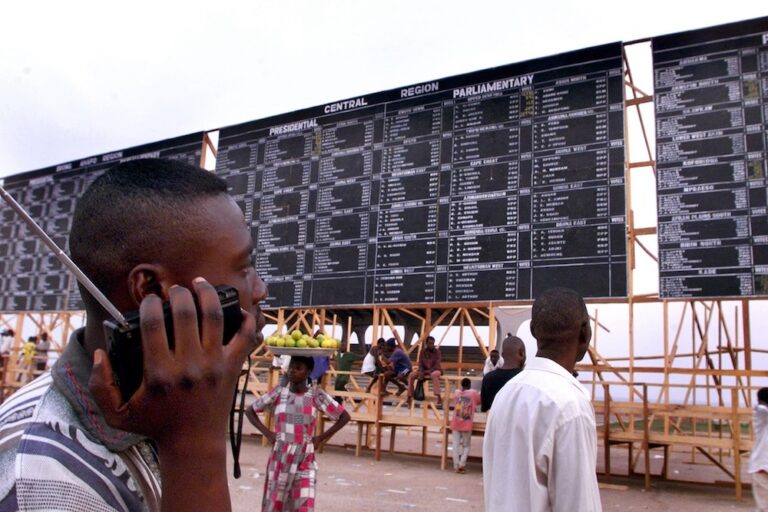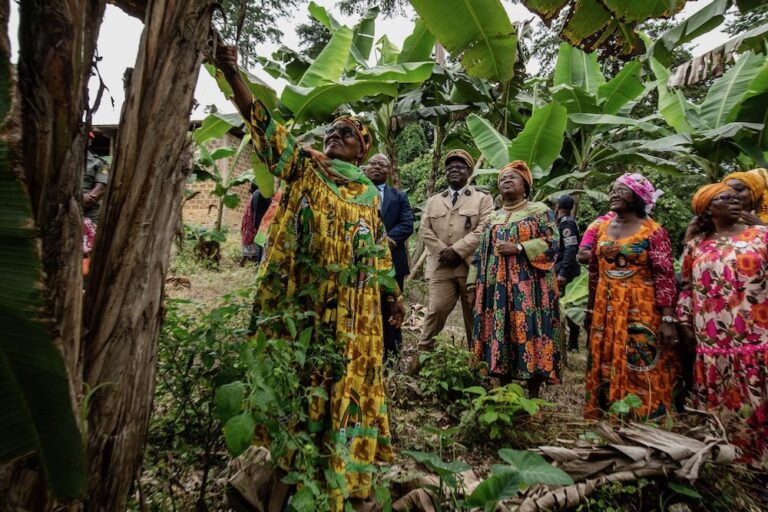The Model Access to Information Law takes into consideration factors such as poor record-keeping and the pervasive culture of secrecy within public service in Africa.
(ARTICLE 19/IFEX) – ARTICLE 19 welcomes the adoption of the Model Access to Information Law by the African Commission on Human and Peoples’ Rights during its Extra-Ordinary Session that ended on the 25th February 2013.
“The adoption of Model law is a great milestone to the African continent after a two-year process of consultation. This is the first time for the African Commission to take its promotional role to a higher-notch by developing a practical tool to help the member states meet their legislative obligations to give effect to the right to access information.
The Model law gives specific guidelines in terms of form and content of the legislation passed at the domestic level,” said Ms Pansy Tlakula, the African Commission Special Rapporteur on Freedom of Expression and Access to Information who led the initiative to develop the law.
The working team, comprised of Right to Information experts from ARTICLE 19, Citizens Governance initiative (Cameroon), Open Society Justice Initiative, South Africa Human Rights Commission, and the South African History Archive was coordinated by the Centre for Human Rights at the University of Pretoria.
“The process to develop the model law gave impetus to more African countries to pass or initiate processes to enact comprehensive and progressive access to information laws,” said Henry Maina, Director of ARTICLE 19 Eastern Africa and a member of the working group.
So far there are 10 African countries with access to information laws. These include Angola, Ethiopia, Guinea, Liberia, Niger, Nigeria, South Africa, Tunisia, Uganda and Zimbabwe, each with varied degrees of compliance with regional and international standards. A number of African Union member states have already developed requisite bills at various stages of the legislative process, informed by the African Commission model law.
The model law takes into consideration factors such as poor record-keeping and the pervasive culture of secrecy within public service in Africa. It also broadens the scope beyond just the public sector, given that a number of public services have been outsourced by governments to private bodies.
The Model Law will officially be launched on the 11th April 2013 during the 53rd Ordinary Session to be held from the 9th-23rd April 2013.


